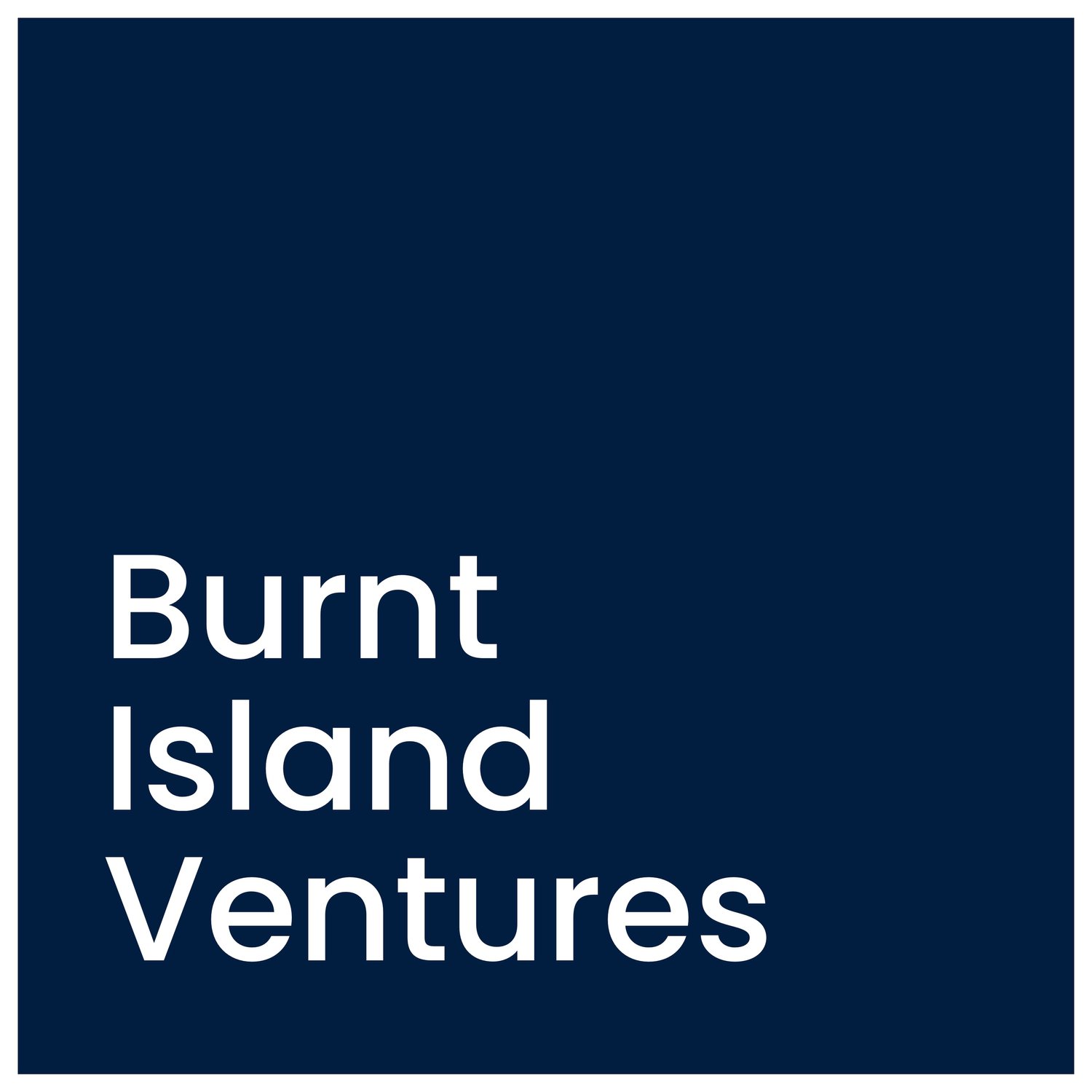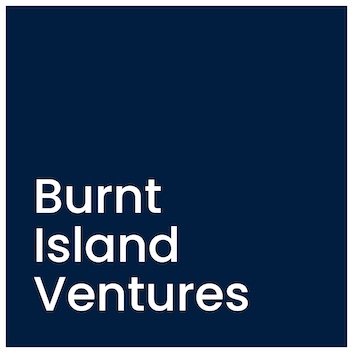Why Our Giving Should Start with Water
In 2020, less than 0.5% of all US-based philanthropic giving went directly to climate change. $320 million out of $64 billion. Compare that to $21.4 billion given for health, $15.6 billion for public safety, and $10.5 billion for education. It takes a lot of capital to solve a problem, climate change is as complex as problems get, and it is way underemphasized by the philanthropic community.
Water is even more underemphasized. Out of the relatively meager philanthropic capital going to climate, only a fraction goes to water (though it’s so poorly documented not even GPT-4 could find the actual amount). This makes even less sense than the lack of climate funding, given that water is the overlooked underpinning of so many philanthropic issues.
Water comes before everything. This may sound like hyperbole, but it’s true. Under-resourced people deal with water before they deal with anything else when they wake up, because they have to. Time spent fetching water is time spent out of formal education. Water collection is labor that falls disproportionately on women and girls. Contaminated water is the primary means of contraction of everything from typhoid to cholera to simple diarrhea. Undrained, standing water is the breeding ground for the mosquitoes that spread malaria. Lead contamination drastically reduces educational outcomes in our most vulnerable communities. PFAS threatens everything from food security to infant health.
The philanthropic community has such a huge impact opportunity in front of it. If you get water right, you can get everything else right without struggling against the anchor of water issues (what we mean by “water” is described in some detail here). When you do get it right, the results are spectacular. There is a reason communities are so happy when they receive running water for the first time. Impacts are also systemic: according to the World Health Organization, each dollar invested in water-related projects can yield between $2 and $5 in economic returns for every community, including of course those for whom these returns matter most.
Water is also an unignorable part of the climate change fight, whether or not we choose to ignore it philanthropically. Climate Change is Water Change. Investing in maximizing humanity’s water resilience should be a priority for philanthropy because it is where most of the pain of climate change will be felt. And the philanthropic community needs to get good at giving to water now because in the years to come we will need educated donors at scale to make sure resources don’t accrue to the shiniest argument but to the most effective organizations.
This Giving Tuesday, we want to highlight some of the remarkable organizations propelling this cause forward. This is not a comprehensive list as there is a lot of excellent work being done out there. If you’re planning on giving to charitable organizations this season, we cannot speak more highly of this group:
Water.org is a global nonprofit organization working to bring safe, accessible, and cost-effective water and sanitation to the world. The team has helped more than 60 million people get access to safe water and sanitation through affordable financing, such as small loans, and empowers people in need with these life-changing resources – giving women hope, children health and families a bright future. Expanding upon the success of WaterCredit, Water.org offers a portfolio of smart solutions that break down the financial barriers between people living in poverty and access to safe water and sanitation. They work with and through partners to increase access to financing for those who need it most. See also they’re excellent emerging work through WaterEquity, an asset manager exclusively focused on solving the global water and sanitation crisis.
The International Rescue Committee (IRC) helps communities respond to the changing climate by mapping climate hazards and developing early warning systems, supporting local efforts to manage natural resources and conserve water, and training people in sustainable livelihoods. They also partner with other organizations to advocate for policy changes to drastically reduce greenhouse gas emissions and lessen the effects of climate change on people with the least power and fewest resources. The IRC is a significant player in tackling massive flooding challenges that imperil lives and livelihoods.
Imagine H2O empowers people to develop and deploy innovation to solve water challenges globally. Since 2009, the organization has provided 196 entrepreneurs with the resources to transform promising water startups into scalable, high-impact businesses. In addition to our water innovation accelerator, they support entrepreneurial water innovations through the Urban Water Challenge and Imagine H2O Asia. The program’s alumni have collectively raised over $1 billion in early-stage investment, providing water solutions to over 1.1 billion people and counting. They taught Tom everything he knows (don’t hold that against them).
Water and Sanitation for the Urban Poor (WSUP) helps transform cities to benefit the millions who lack access to water and sanitation. Urban migration is leading to a crisis in cities in developing countries, where millions of people lack access to the most basic of services. Already, nearly 900 million urban residents have no choice but to live in low-income communities – poorly built, often illegal settlements which usually do not have running water or clean sanitation facilities. Since cities will be the future habitat for many in developing countries, it is critical to invest in basic services and infrastructure. WSUP were set up in 2005 to support that investment.
Bertzman Social Ventures is a merging of passion and professional experience. Neil is a serial startup CFO with a number of successful exits, and Linda’s experience spans government, management consulting and leading a global health NGO. They are leveraging their talents, time and resources supporting entrepreneurs working in water, through the provision of affordable working capital revolvers. It’s one of the smartest interventions we have seen, as it means each dollar of equity capital can be put to its most efficient use much earlier than would otherwise be possible. The range of companies they support (and therefore the impact they support) is remarkable.
Friends of the River is nationally recognized as an authority on the adverse impacts of dams on rivers and ecosystems and is the most effective grassroots organization working on behalf of rivers. Friends of the River led successful campaigns for the permanent protection of many outstanding California rivers and streams - including the Kings, Kern, Merced, Tuolumne, upper Klamath, West Walker, East Carson, Sisquoc, and Big Sur Rivers; as well as Sespe Creek and Cache Creek. Friends of the River protects and restores California rivers by influencing public policy and inspiring citizen action.
Riverkeeper is a member-supported watchdog organization dedicated to defending the Hudson River and its tributaries and protecting the drinking water supply of nine million New York City and Hudson Valley residents. Riverkeeper is actively involved in several issues and campaigns including, gas drilling also known as fracking, Indian Point, water quality, sewage contamination, pollution enforcement, and Newtown Creek and Gowanus Canal Superfund cleanup.
Waterloop is a nonprofit media outlet for sustainability and equity in water. Run by our friend Travis Loop, they practice solutions journalism - exploring the progress and successes in tackling water challenges in the United States. Their podcasts, videos, and social media content feature the people and projects advancing sustainability and equity in water. Their audience includes people who work in water and its connected sectors - such as utilities, government, engineering firms, technology companies, universities, industry associations, and environmental groups. Any changemaker knows the importance of telling great stories especially in a sector where communication is not our speciality. They are a role model as we build our own audience for The Fundamental Molecule.
Mina Guli, CEO of the Thirst Foundation, is running 200 marathons to bring attention to the water crisis. Her organization is dedicated to increasing awareness, driving stakeholder urgency and delivering meaningful action on fresh water. Established in 2012, Thirst’s mission is to close the gap on achieving the UN Sustainable Development Goal 6 (SDG6) targets, ensuring availability and sustainable management of water and sanitation for all. Thirst runs large, inspirational, out-of-the-box campaigns to put water on top of the global agenda. The current campaign, RUN BLUE empowers companies and connects people to take meaningful action on water in the lead up to the United Nations Water Conference in March 2023.
The Pacific Institute creates and advances solutions to the world’s most pressing water challenges. Their vision is to create a world in which society, the economy, and the environment have the water they need to thrive now and in the future. Their interdisciplinary and nonpartisan approach helps bring diverse interests together to forge effective real-world solutions.
Happy hunting for your favorite high-impact water organizations, and we’re here to help if we can. Their foundational work needs your support.

